In Germany, about 9% of all new-borns (2016) are born before the 37th week of pregnancy and are therefore considered premature babies. Globally, 15 million babies are born prematurely every year. In neonatal intensive care units, premature babies are exposed to a variety of non-physiological stimuli, such as bright lights, noise and pain stimuli, which the premature babies react to with increased stress, which in turn impairs their development. Due to their positioning, premature babies have an increased risk of pressure sores and cranial deformities.
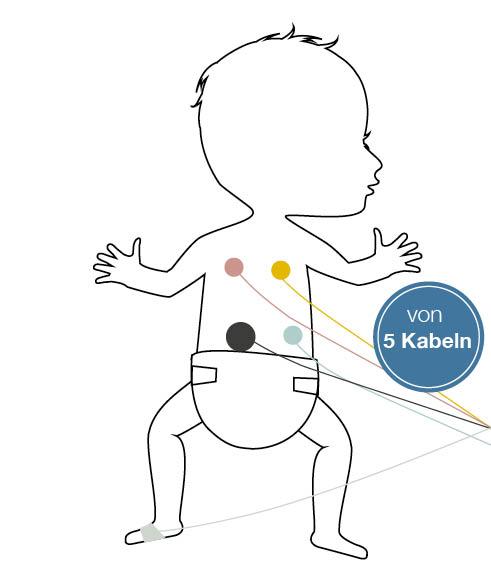
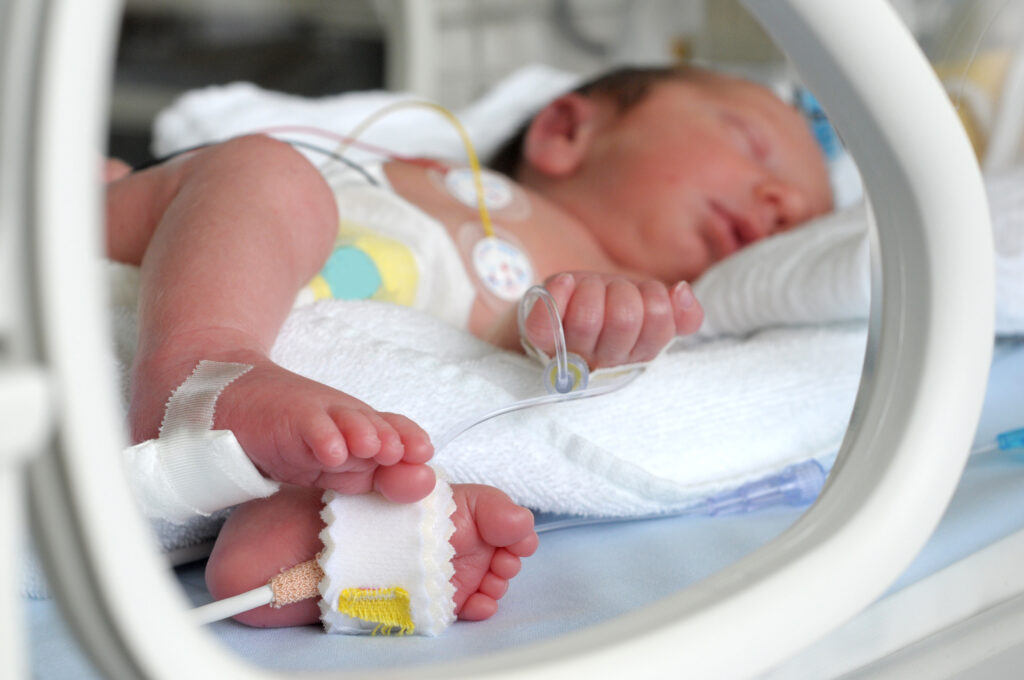
Technology Complicates Bonding
The multitude of diagnostic cables in addition to therapeutically necessary tubes and probes complicates care and impairs the parent-child bonding process, for example due to the complex handling for kangarooing on the parental chest. Both the removal of the electrodes and the local skin temperature increase by currently used sensors can cause serious skin injuries due to the immature skin, which lead to acute pain and risk of infection and remain visible as permanent scars.
NeoSmartNest – Together for the Very Little Ones
The aim of the project is to develop a modular prototype that optimises positioning as well as monitoring, developmental care of premature babies and the possibilities of parent-child bonding. Therefore, a sensory positioning method and “smart fabrics“ are being developed, via which the vital parameters can be recorded and thus the number of diagnostic cables can be reduced. Actuators should be integrated into the positioning module, e.g. for gentle repositioning as well as stimuli that promote development and correspond to intrauterine stimuli as much as possible. The aim is to incorporate parental acoustic stimuli in order to enable parents and premature babies to bond with each other in addition to kangarooing.
OUR modules
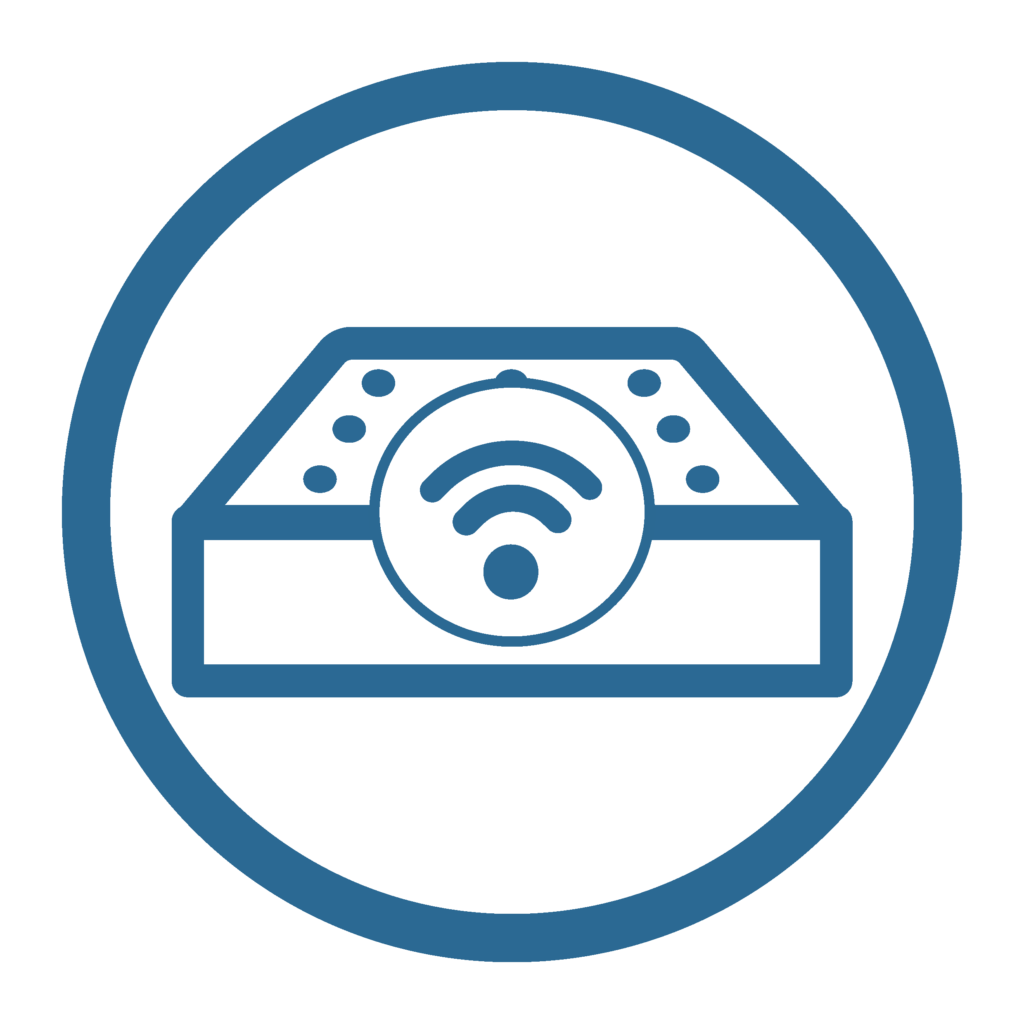
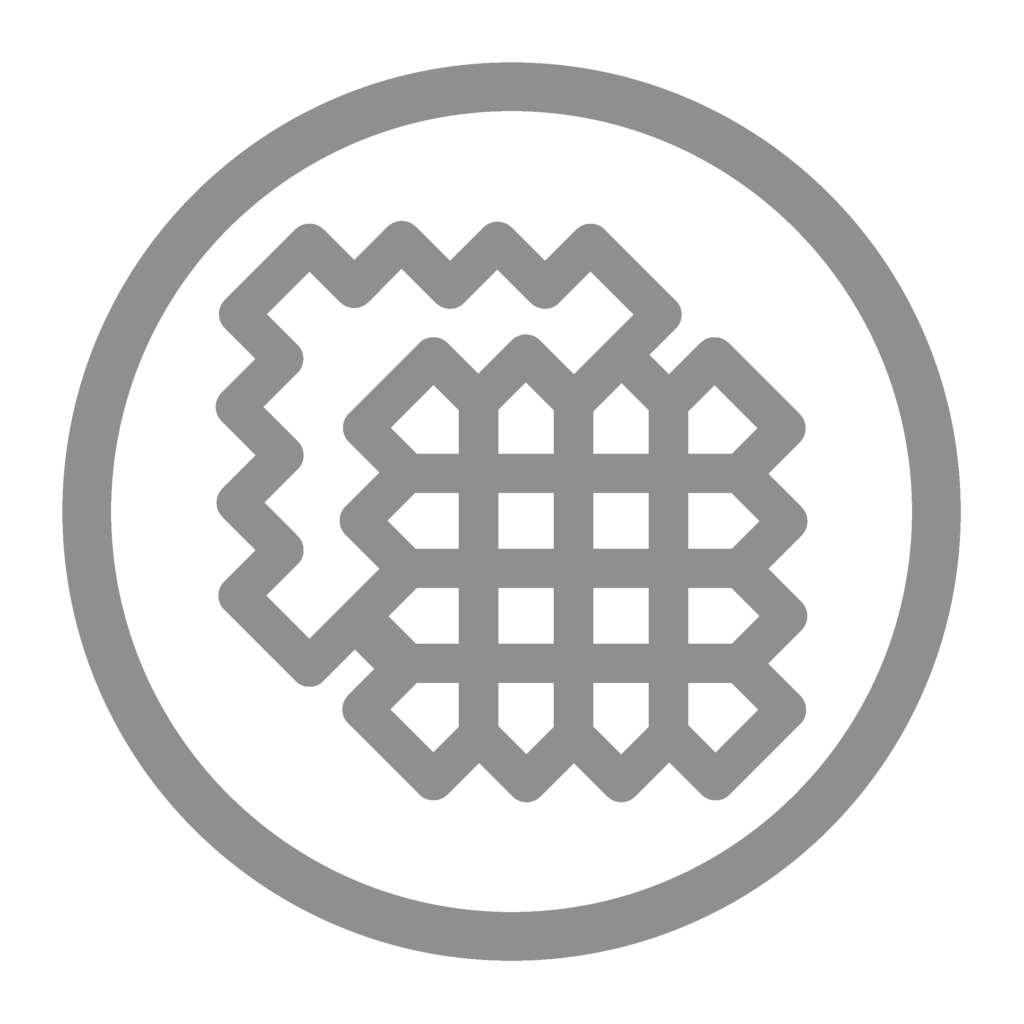
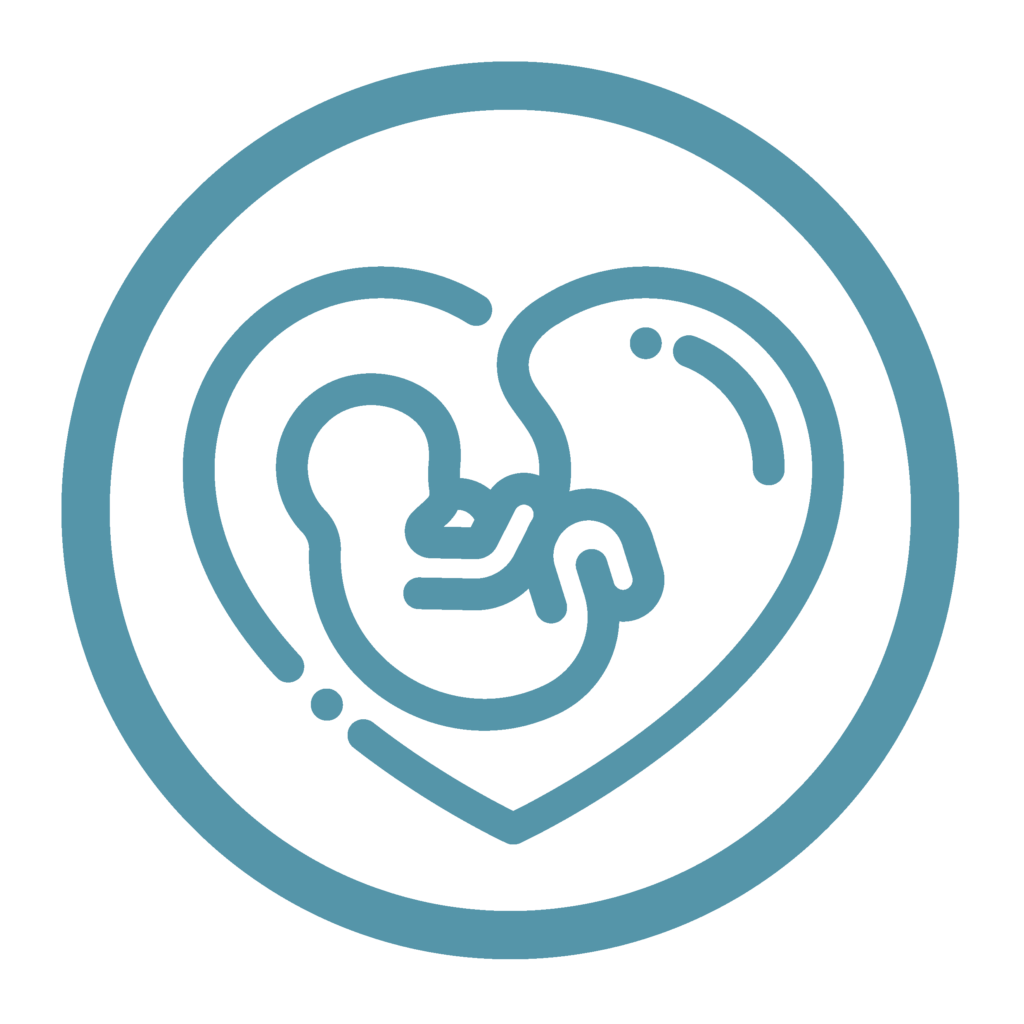
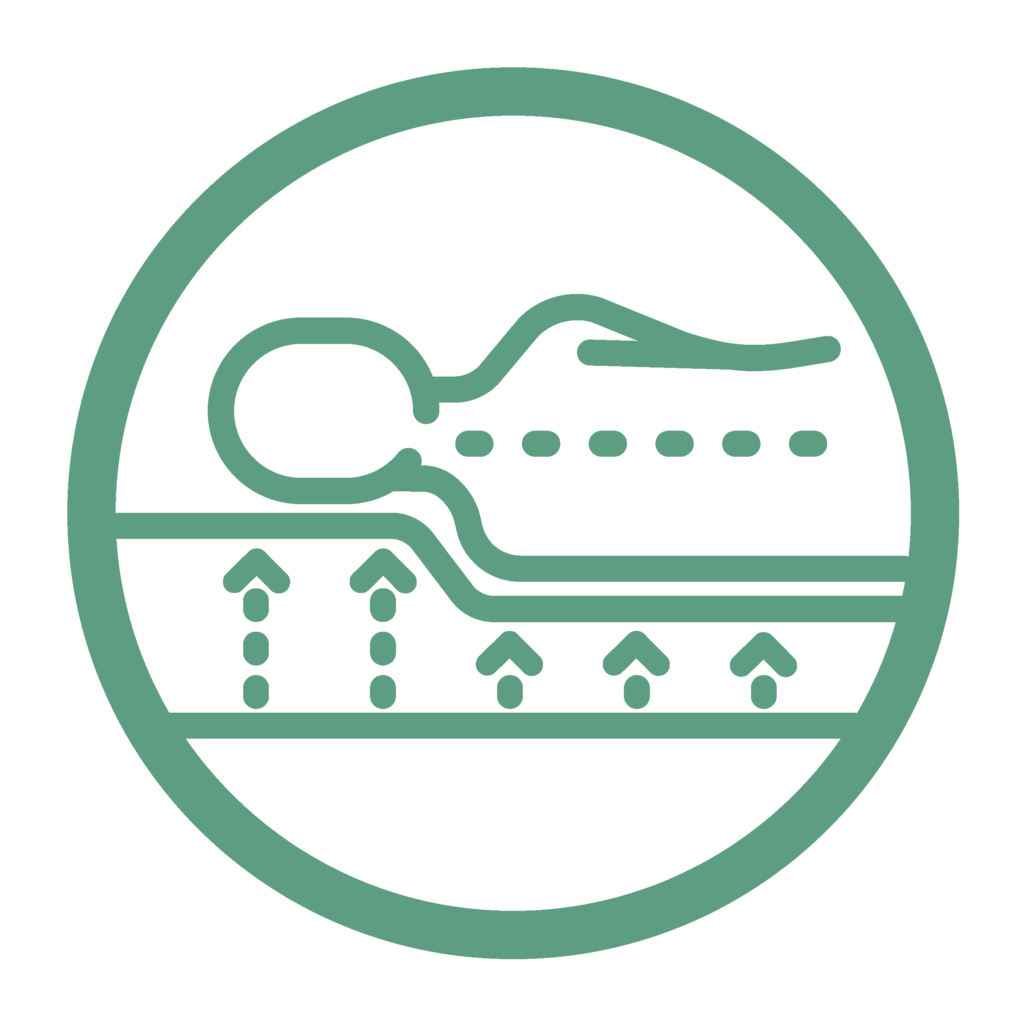
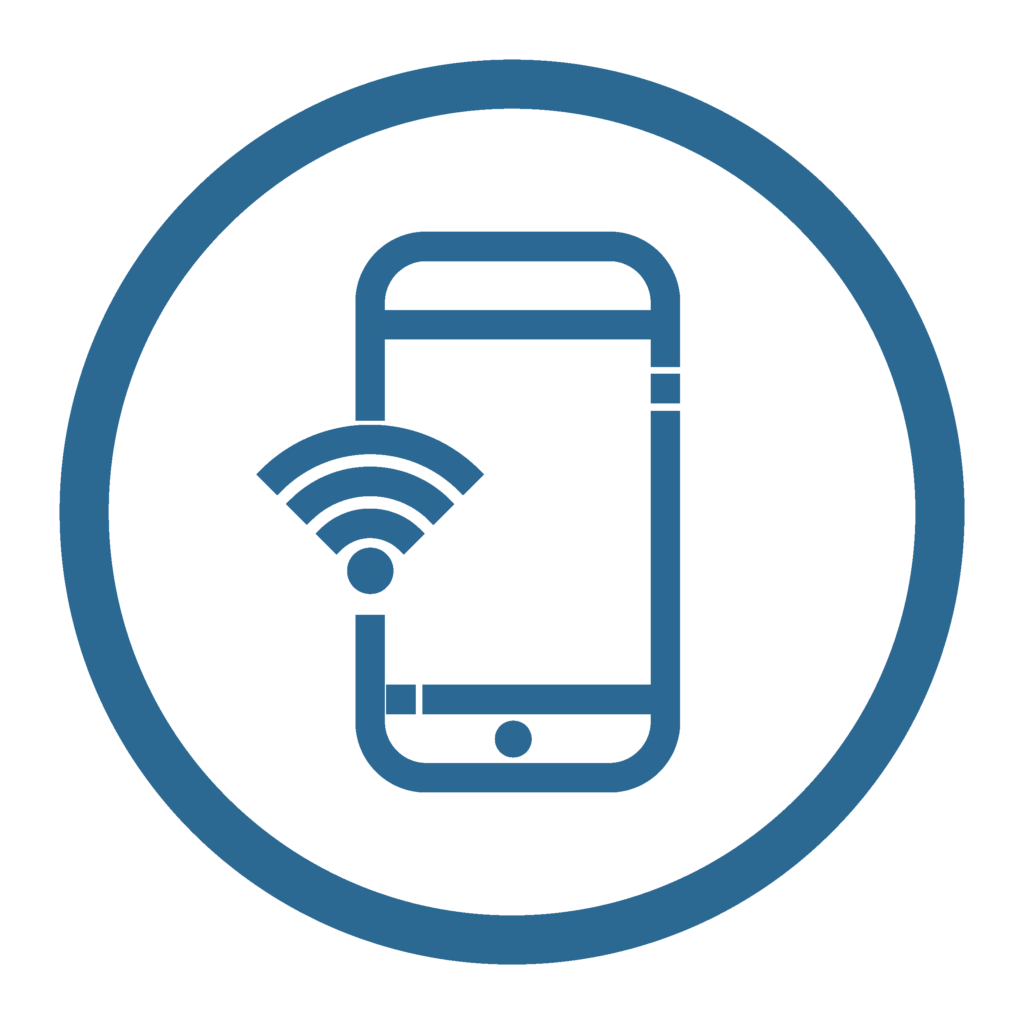
This project is funded by the State of NRW and by the European Regional Development Fund (ERDF).



